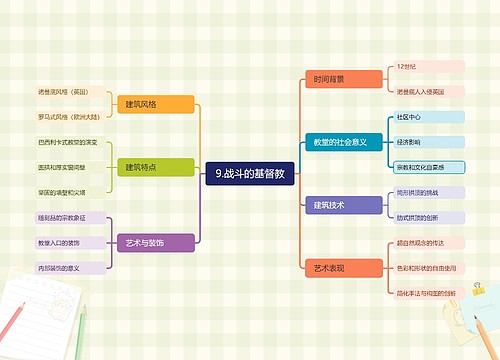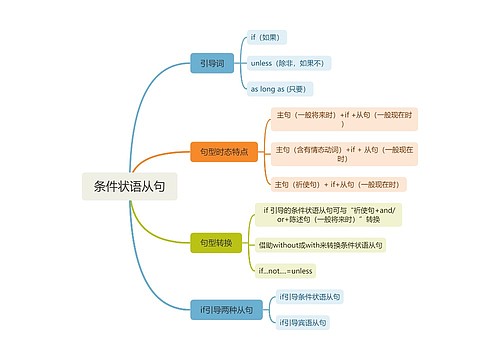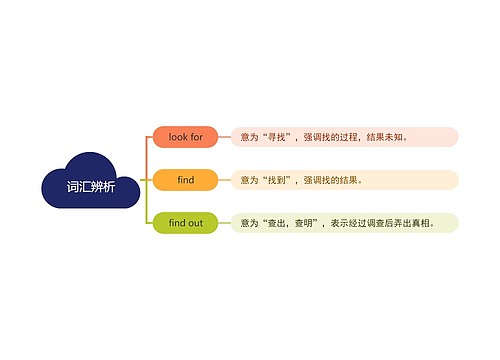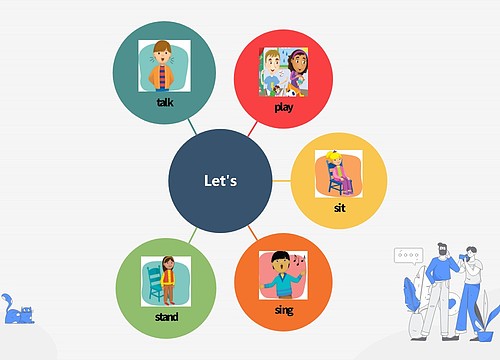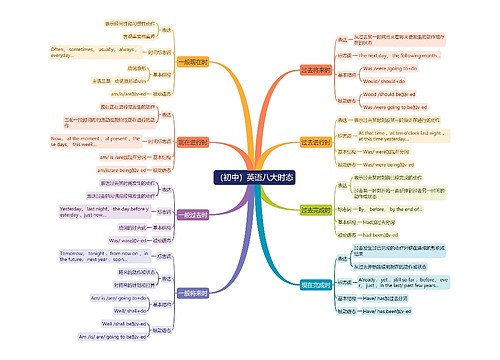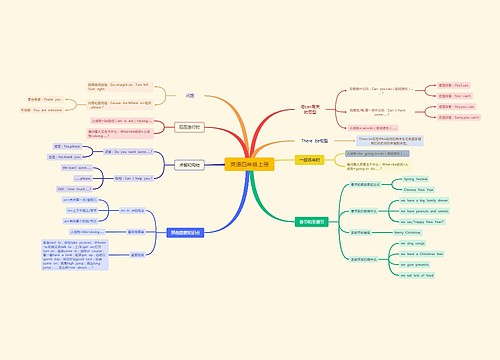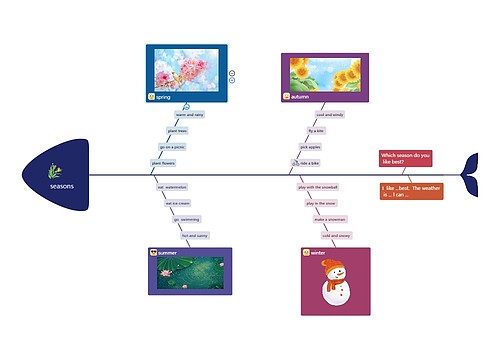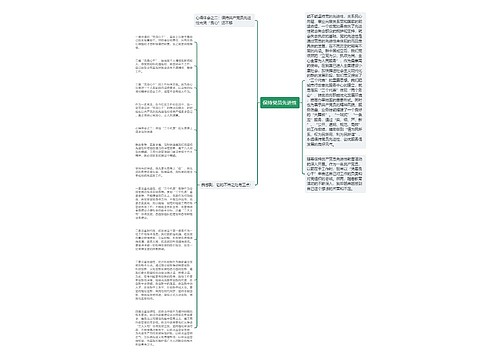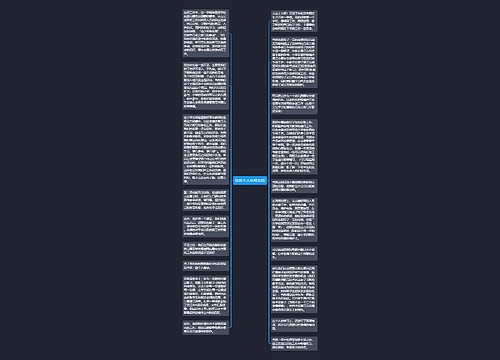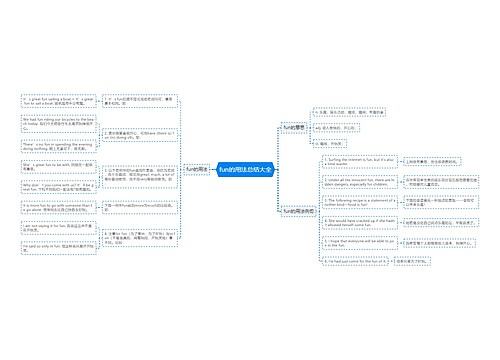一、作"留下"、"丢下"、"落下",常表示某物落在/忘在某地。
You'd better leave your address and telephone number.
Better take off your shoes and leave them outside.
I left my key in the readingroom.
二、 表示"留给"、"交给",一般与介词with或to搭配。如:
Leave it with / to me and I'll see what I can do.
He has left a number of books with / to me.
We didn't find him and left word (或a message) with his neighbours.
我们没找到他,于是就托他的邻居留了个条。(不用to,因为便条还要交给别人)
注意: leave sth with sb, 表示"暂存",以后还要取回。leave sth to sb, 表示以后不再索还。
三、 leave作使役动词,表示"使/ 让……保持某种状态"。
① 用形容词作宾语补足语
Leave the door open when you go out.
His illness left him very weak.
② 用不定式作宾语补足语
Leave him to do it himself.
They killed the bison, cut off the skins and left the bodies to rot.
他们把野牛杀死剥皮,尸体就任其腐烂。
What we've done leaves much to be desired.
③ 用现在分词作宾语补足语
They walked off and left me sitting there alone.
He went out, leaving his papers lying open on the desk.
④ 用过去分词作宾语补足语
Did you leave the doors and windows properly fastened?
He left a few questions unanswered.
⑤ 还可用名词、介词短语等作宾语补足语
His parents both died last year, leaving him an orphan.
他父母去年双双去世,留下他成为一个孤儿。
He left his schoolbag on the playground. 他把书包丢在操场上了。
四、 leave的过去分词left,常用作后置定语,表示"剩下的"。如:
I've got two tickets left for tonight's film.
Is there any water left in the bottle?
五、 leave还可作名词,表示"休假"、"假期"。如:
My best friend, Joan is spending her leave in Beijing.
He asked his teacher for sick leave.

 U633687664
U633687664
 U582679646
U582679646